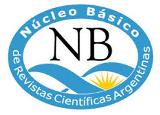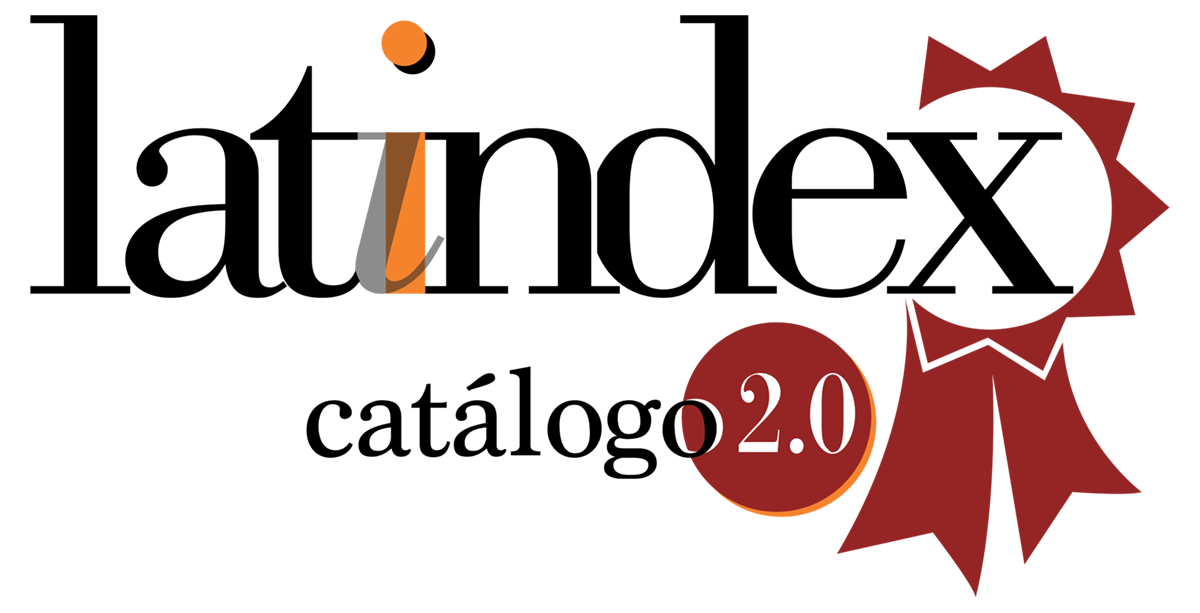A cien años de la Reforma Universitaria: Entrevista a Raúl A. Pessacq, un reformista para construir la Universidad de la democracia
DOI:
https://doi.org/10.24215/23139048e001Keywords:
Reforma UniversitariaAbstract
Esta entrevista se realizó como una actividad paralela a una investigación mayor que llevamos adelante con el Dr. Guillermo Banzato y con el propio entrevistado. La publicamos en las vísperas del aniversario número 100 de La Reforma Universitaria, comenzada en Córdoba con una proclama estudiantil (el denominado “Manifiesto Liminar”) escrita y leída por Deodoro Roca el 21 de junio de 1918.(1) Al margen de los avatares sufridos por la sociedad argentina en general y por la Universidad en particular, resulta de importancia recordar que en el año 1983 se puso fin al peor de los períodos de dictadura vividos por toda la población. Muchos varones y mujeres se comprometieron en una nueva etapa para desarmar los nefastos entramados autoritarios de la Dictadura militar. Uno de ellos fue el Ingeniero Raúl Adolfo Pessacq. Comprometido con la construcción de la democracia asumió el desafío de generar un marco legal para poner en funcionamiento una nueva Universidad Pública y al mismo tiempo, llevarlo a la práctica en la Universidad Nacional de La Plata, en la que fue su Rector Normalizador (1983-1986).
Downloads
Downloads
Published
How to Cite
Issue
Section
License
The acceptance of an original by the journal implies the non-exclusive transfer of the economic rights of the authors in favor of the editor, who allows reuse, after editing (postprint), under a Creative Commons Attribution License -NonCommercial-ShareAlike 4.0 International (CC BY-NC-SA 4.0)
In accordance with these terms, the material can be shared (copied and redistributed in any medium or format) and adapted (remixed, transformed and created from the material another work), provided that a) the authorship and original source of its publication (magazine and URL of the work), b) is not used for commercial purposes and c) the same license terms are maintained.
The transfer of non-exclusive rights implies that after its publication (postprint) in Cuadernos de H ideas the authors can publish their work in any language, medium and format; in such cases, it is requested that it be stated that the material was originally published in this journal.
Such assignment also implies the authorization of the authors for the work to be harvested by SEDICI, the institutional repository of the National University of La Plata, and be disseminated in the databases that the editorial team considers appropriate for increase the visibility of the publication and its authors.
Likewise, the journal encourages the authors so that after their publication in Cuadernos de H ideas they deposit their productions in other institutional and thematic repositories, under the principle that offering society scientific and academic production without restrictions contributes to a greater exchange of global knowledge.










.png)

























